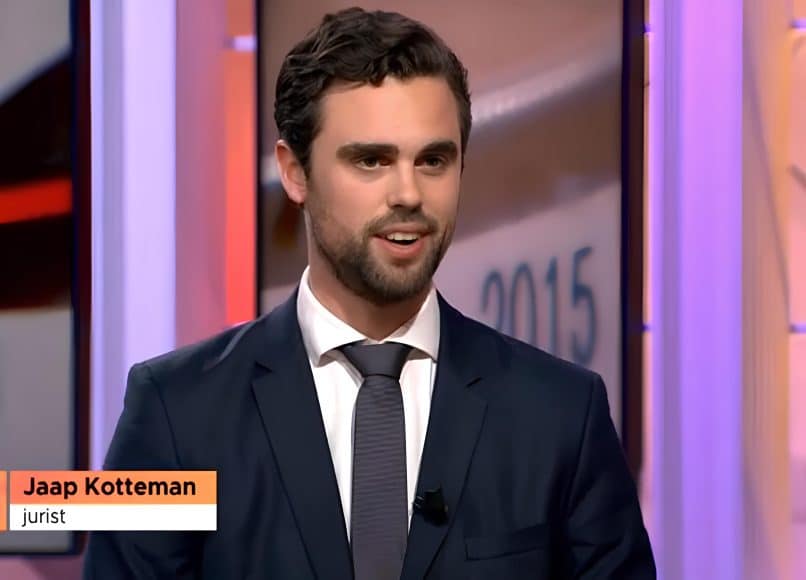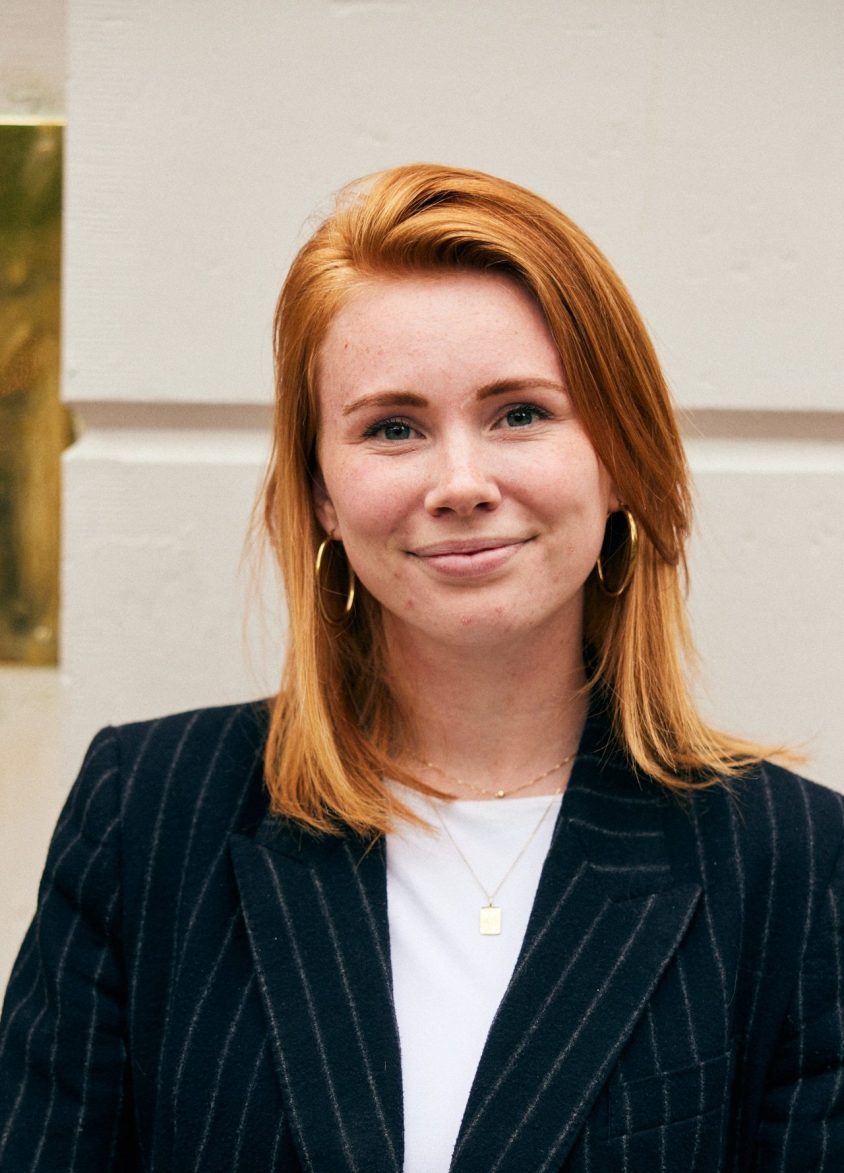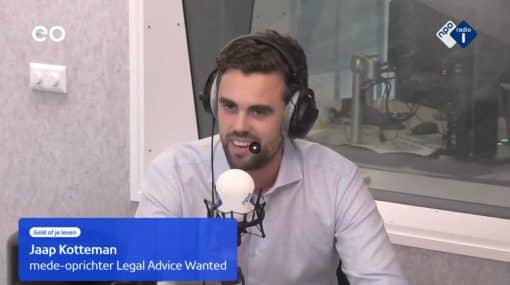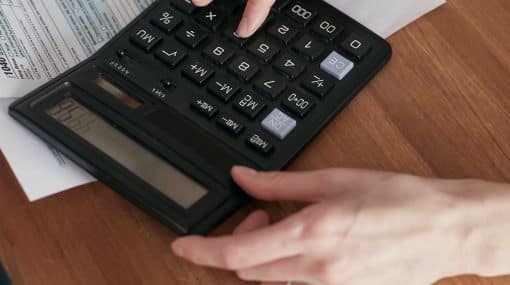L.A.W. at the live TV-show Kassa
In 2022, students were excluded from the one-time energy allowance of 1300 euros. A recent legal case has once again shown that this exclusion is unjust. However, most students still miss out because, legally speaking, they have no grounds if they did not file a timely objection. How does this work, and what needs to change?

KASSA, BNN VARA, February 25 2023 – live broadcast
In 2022, students were excluded from the one-time energy allowance of 1300 euros. A recent court case reveals once again: this exclusion is unjustified. However, most students are still left out because if you haven’t lodged an objection in time, legally, you have no ground to stand on. How does this work? And what needs to change?
In 2022, it became evident that the extreme rise in energy prices is causing financial distress. While the energy allowance for low-income individuals increased from 800 euros in July 2022 to 1300 euros, young people up to 21 years old and students in most municipalities still received nothing. This was the case even if their income entitled them to energy compensation.
Energy Allowance Scheme
This is due to the legal scheme devised by the Ministry of Social Affairs and Employment for the energy allowance, outlined in a model regulation for municipalities. Initially, people could apply for a 200 euro allowance through the scheme, later increased to 800 euros, and eventually raised to 1300 euros.
Exclusion of Students
For the Handreiking eenmalige energietoeslag 2022 (Guideline one-time energy allowance 2022) for municipalities, it was considered impossible for students to participate in the one-time compensation scheme of 1300 euros per household with low income due to the various housing situations of students. “Approximately half of the students live at home with their parents and do not have their own energy bill,” says the Ministry of Social Affairs and Employment in response. This is based on the Landelijke monitor studentenhuisvesting (National monitor student housing).
The concern is that including students could lead to overcompensation; too many people who do not need it could then claim the allowance. “This goes against the purpose of the scheme, namely to support the lowest incomes in paying the increased energy bill,” says the ministry.
The government’s lawyer stated that the government must be able to demonstrate valid reasons for making a distinction between students and non-students. According to the government’s lawyer, this is possible because the policy serves a legitimate purpose, and the means are effective and proportionate. However, the detailed guideline does not provide a justification for the exclusion based on numbers and facts.
Misconception
Here lies the misconception that students are not affected by the rising prices of gas and electricity and that there are no low-income students. Legal advisor Jaap Kotteman from Legal Advice Wanted argues, “Among students, there are also those with low incomes, and those low incomes should be compared with other low incomes in our country.”
Policy Implementation
The guideline provided to municipalities by the Ministry of Social Affairs advised them to include the exclusion of students and how to justify it. Municipalities received a budget from the government based on the number of people with low incomes in the municipality for paying out the allowance. The student population was not included in the calculation of this budget. However, municipalities still had some leeway for their policies with this guideline.
To the Court
On August 5, in the Gelderland court, a student was the first to be vindicated based on the equality principle from the constitution. In short, the municipality was held accountable for adopting the advice and guideline. Why? The exclusion is not based on justified grounds. As a result, students who lodged objections to the municipality’s decision in 2022 can now win their case in municipalities where they were not entitled to the allowance. Some Dutch municipalities subsequently decided to make the energy allowance available to students as well, but many others did not follow suit.
As a result, more legal proceedings have been initiated since then. With the assistance of lawyers from Legal Advice Wanted and student unions like the Landelijke Studentenvakbond (LSVb), procedures are underway for about 10,000 students. Where? In almost all major student cities and even smaller municipalities, including Amsterdam, Rotterdam, Utrecht, Leiden, Groningen, Delft, Alkmaar, The Hague, Breda, Maastricht, Wageningen, and Delft. In these municipalities, students are still excluded from the energy allowance, or a large group of students is still left out due to additional conditions.
On January 31, 2023, a hearing took place in Amsterdam, where a second student was vindicated in the ruling on February 14.
Out of the Game
This legal route only applies to students who lodged an objection in 2022. And there lies the crux: students who followed the rules in 2022 and did not object have been completely sidelined. They cannot retroactively claim the energy allowance, to which, according to the conditions, they would have been entitled. However, due to the ‘student’ label, they were unjustly denied.
Importance of Objecting
In short, should you always object then? “That is the current trend in the Netherlands. It now essentially comes down to citizens not being able to assume that the policy is legally sound, and you have to object everywhere to get what you are entitled to,” says legal advisor Jaap Kotteman.
Municipalities with their Backs Against the Wall
The municipality of Rotterdam indicates in a response that it follows the government’s advice, along
with the other major cities (The Hague, Utrecht, and Rotterdam), to exclude students from the categorical energy allowance. In Rotterdam, students can still apply for individual exceptional assistance for increased energy costs.
“The municipality is in a difficult position,” says the municipality of Utrecht. “We implement the policy advised nationally. The financial resources we received from the government are insufficient to deviate from this.” The municipality of Leiden finds it undesirable that there is now inequality for students from different student cities. The city does not have the financial means for nearly 14,000 students. Rotterdam also aligns with this position. “The government has not provided funds to municipalities to grant energy allowance to students, and the municipality itself does not have the means to pay the energy allowance to this group.”
The municipality of Rotterdam states that it will continue to lobby with the national government, along with the other major cities, for additional funds for the energy allowance for students. Below are the reactions of several municipalities in the Netherlands that currently still exclude (a large group of) students from the one-time energy allowance.
Reactions from Municipalities
According to the Ministry of Social Affairs and Employment, the major student cities would face difficulties if they had to ask students for more evidence when applying for the energy allowance. This could include proof of independent housing and an energy contract in their name. Municipalities reportedly told the ministry that this would lead to significant implementation issues. “This would jeopardize assistance to vulnerable households, according to municipalities.”
Legislation for Energy Allowance 2023
The energy allowance for 2022 was valid until December 31, 2022. Therefore, applying for this allowance is no longer possible. Many municipalities are still in the process of disbursing the allowance for 2022. Additionally, they can already pay out 500 euros from the amount of 1300 for 2023 to people entitled to the allowance. Students in municipalities that do not (anymore) exclude them can still apply for this. The remainder of the allowance can only be applied for once the new legislation is in place. Until this law is enacted, municipalities have some flexibility with the current policy.
However, Minister Schouten wants to regulate the allowance for 2023 with an amendment to the Participation Act, putting an end to this possibility. Therefore, lawmakers are currently working on new national legislation, explicitly excluding students to prevent overcompensation. This exception was not in the law in 2022 but only in the guidelines that municipalities received from the cabinet. The new law is expected to go to the House of Representatives in March.
Overcompensation
In an earlier advisory from December 2022, the Afdeling van Raad van State (Section of the Council of State) noted regarding this bill that it is not clear “why overcompensation is considered problematic for students and not for other groups.” It adds, “The fact that students receive an increase in the basic grant also does not make this group different: significant purchasing power measures have been taken for all low incomes.”
For students who do need financial assistance, a different scheme has been arranged, according to the ministry. “To assist students who are struggling due to rising energy prices, the government has made 35 million available for individual exceptional assistance for this group. The individual situation of the student is then taken into account, ensuring the money goes to students who truly need it.”
Gerelateerde Actualiteiten
Let us know how we can help. We are ready for you.



